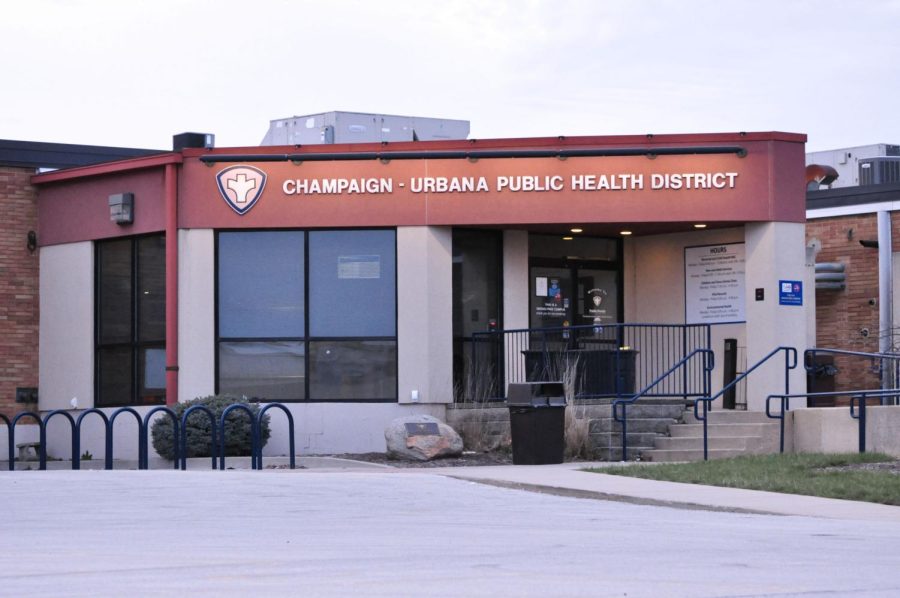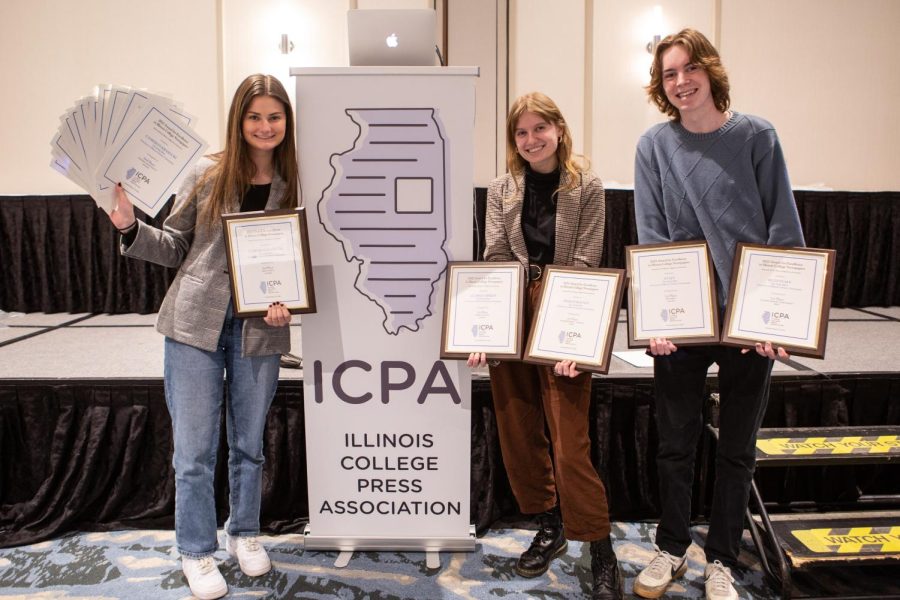Professor Min Zhan will lecture at the University YMCA about Financial Links for Low-Income People, or FLLIP, a financial management education program that targets low-income families Friday at noon.
Though FLLIP was primarily offered to families in the Chicagoland area, representatives of the University Extension Program have started reaching out in the Champaign County area, which has one of the highest income and asset poverty levels in central Illinois.
According to data published by the Heartland Alliance Mid-America Institute on Poverty and the Illinois Asset Building Group, the county has an income poverty rate of 17 percent and asset poverty rate of 33 percent. Asset poverty indicates a lack of property or savings.
A major part of this problem is that people do not have the financial knowledge to know what to expect from the economy, said Karen Harris, supervising attorney for the Community Investment Unit of the Sargent Shriver National Center on Poverty Law.
FLLIP was developed in conjunction with the Shriver Center and the University of Illinois Extension. Zhan, a professor in social work, has collaborated on the effort with colleague Steve Anderson, also a professor in social work, since the program’s inception in 2001.
Get The Daily Illini in your inbox!
“Financial education is important,” Harris said. “The whole financial crisis teaches people that they need to save, and FLLIP helps the lower-income bracket get that financial education.”
The program was designed to help low-income individuals manage their credit cards and mortgages or avoid predatory lending traps that many families fell prey to prior to the recession, she said.
Graduation rates have been near 85 percent since the University took over guidance of the program from the Shriver Center, said Susan Taylor, consumer and family economics educator at University of Illinois Extension.
Those rates have been studied by Zhan and Anderson through a series of tests and questionnaires. These researchers evaluated the effectiveness of the program’s core curriculum along with Jeff Scott, alumnus.
Champaign County community members living in poverty will be hit hardest by the recession, Harris said.
“Regardless of whether we are or are not going to come out of this recession, the low-income are pretty much still going to be in the same predicament that they were in, only worse,” she added.
In addition, many public benefit programs discourage savings and self-sufficiency, so ultimately low-income families never recover from poverty, Harris said.
“If a family wants to collect food stamps or temporary assistance for needy families, there is an asset limit,” she said. “For example, they can’t have more than $2,000 in assets. So if they start saving and get beyond that limit, their benefits stop.”
Another reason why poverty levels continue to increase is that many low-income families face a history of poverty, Taylor said.
“Some of these families have been in this for multiple generations. This may be the third or fourth generation who has been in poverty, so they don’t know anything different,” Taylor said. “But bringing them into a program like FLLIP, can give them some direction.”
“The lower-income is always going to take much longer to rebound,” Harris added. “We may get more people employed, but getting people out of poverty is not going to happen for a long time.”









